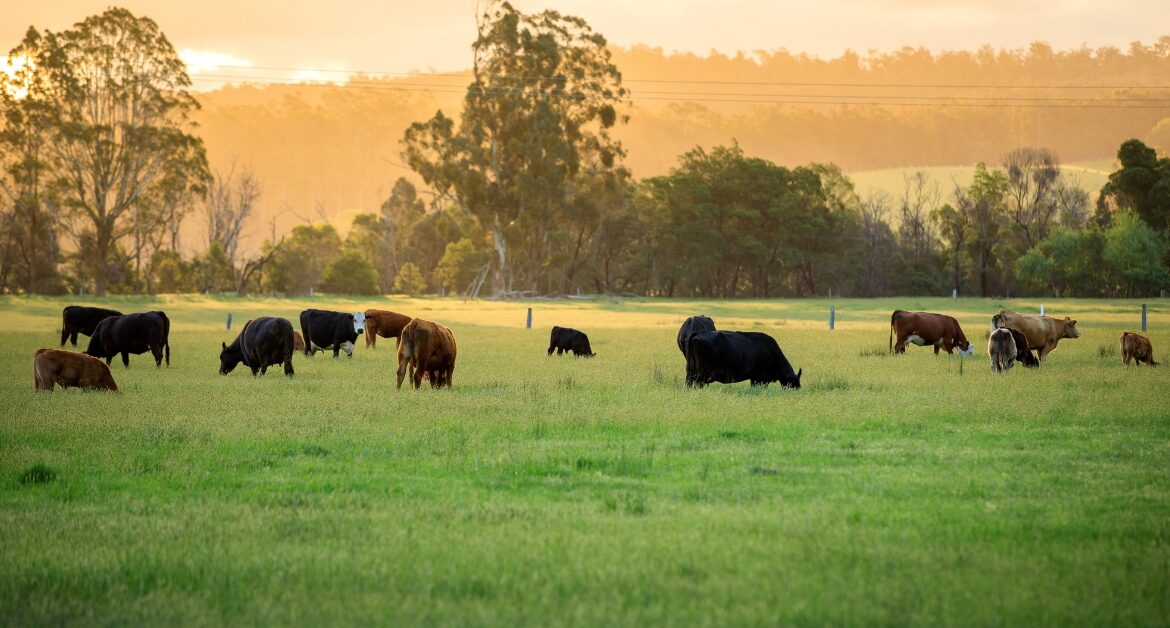Bovine viral diarrhea (BVD) is a viral disease that affects cattle and can have serious consequences for the health and productivity of herds in Ireland.
It is caused by the bovine viral diarrhea virus (BVDV), which is highly contagious and can be transmitted through contact with infected animals or contaminated equipment and facilities.
Symptoms of BVD include fever, diarrhea, weight loss, and a decrease in milk production. In severe cases, it can lead to abortion, stillbirth, and death in young animals. BVD can also weaken the immune system, making animals more susceptible to other diseases.
To control and prevent the spread of BVD, the Irish government has implemented several measures, including the BVD Eradication Programme.
The BVD Eradication Programme is a government-led initiative aimed at eliminating bovine viral diarrhea (BVD) from a specific region or country.
What is BVD Eradication Programme?
The BVD Eradication Programme typically involves a combination of measures, including testing, vaccination, and the removal of infected animals from herds. Testing allows for the identification of infected animals, which can then be removed from the herd to prevent further transmission of the virus.
Vaccination can help to protect animals from becoming infected with BVDV and can also reduce the severity of symptoms in infected animals.
The specific details and requirements of the BVD Eradication Programme may vary depending on the region or country in which it is implemented. In Ireland, for example, the program is mandatory for all cattle farmers and involves the testing and removal of persistently infected (PI) animals from herds.
By participating in the program, farmers can help to protect the health and productivity of their herds and contribute to the overall goal of eradicating BVD in Ireland.
It is important for farmers to be aware of the risks of BVD and to take steps to protect their herds. This includes regularly testing and vaccinating animals, practicing good hygiene, and maintaining biosecurity measures on the farm.
By taking these precautions, farmers can help to safeguard the health and productivity of their herds and contribute to the eradication of BVD in Ireland.
What are the risks of bovine viral diarrhea (BVD) for humans?
While it is not considered to be a direct risk to human health, there are some potential indirect risks that should be considered.
One potential risk to humans is the transmission of the bovine viral diarrhea (BVD) through contaminated food products, such as meat or milk. While the risk of transmission through these products is considered to be low, it is still important to follow proper food handling and preparation practices to reduce the risk of foodborne illness.
Another potential risk to humans is the potential economic impact of BVD on the livestock industry.
BVD can have serious consequences for the health and productivity of infected herds, leading to decreased profits and financial losses for farmers.
This can potentially have a wider economic impact on the industry and the local community.
Overall, while bovine viral diarrhea (BVD) is primarily a disease that affects cattle, it is important for humans to be aware of the risks and take appropriate precautions to protect themselves and the livestock industry.
This includes following proper food handling practices and supporting efforts to control and prevent the spread of BVD.
To help prevent the spread of BVD in your herd, there are several steps that Irish farmers can take:
- Test your animals regularly: Testing allows for the identification of infected animals, which can then be removed from the herd to prevent further transmission of the virus.
- Vaccinate your animals: Vaccination can help to protect animals from becoming infected with BVDV and can also reduce the severity of symptoms in infected animals.
- Practice good hygiene: This includes regularly cleaning and disinfecting equipment and facilities, as well as washing your hands and clothing after handling infected animals.
- Maintain biosecurity measures: This includes keeping your herd isolated from other animals, using separate equipment for infected and healthy animals, and limiting access to your farm by outsiders.
By following these precautions, Irish farmers can help to protect the health and productivity of their herds and prevent the spread of BVD.
Get LSL Facebook updates.

